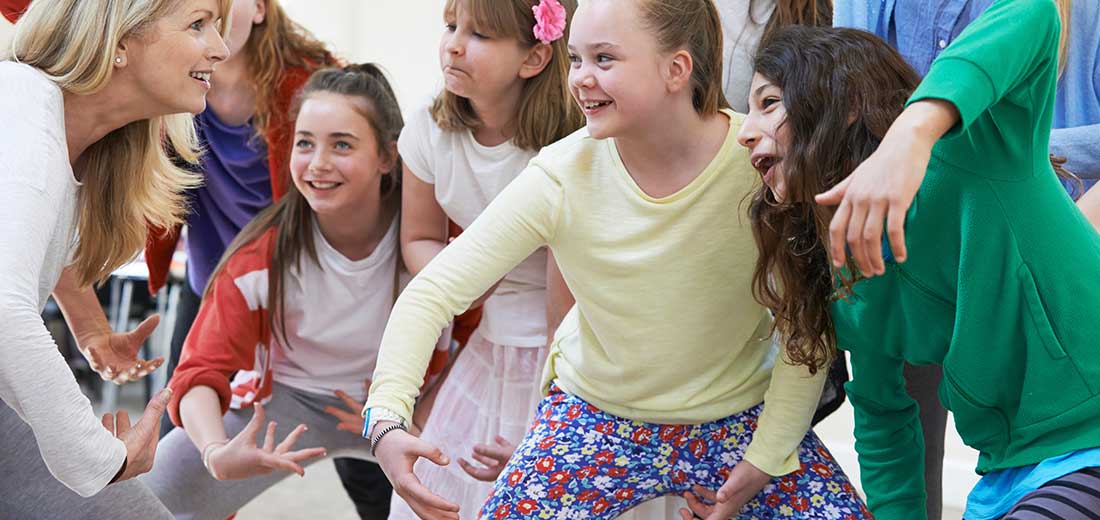Also known as creative play, role-playing, just plain pretending, make-believe, or imaginative play, dramatic play classes are critical in healthy childhood development. Most parents dismiss their kid’s dramatic play as a normal activity of fun, not knowing that this is a positive learning experience that could positively influence various aspects of their lives. Dramatic play classes for preschoolers are crucial since they teach them to perform various roles and put their creativity to test. They also offer proven benefits to children’s cognitive learning.
In case you want to take your preschooler to dramatic play classes, you are probably whether there is anything else your child will gain apart from fun and excitement. Below are other reasons why you should enroll your child in these classes as soon as now:
Dramatic Play Offers Preschoolers an Emotional Outlet
Through dramatic play, children are able to act out situations they have heard or seen in real life. This provides them with an emotional outlet they cannot find anywhere else. Since children, especially preschoolers, don’t think internally, they often use dramatic play to explore their feelings and thoughts.
Dramatic play classes can be particularly important for children who have experienced or seen scary or upsetting scenarios in their lives. This play provides them with an opportunity to get through difficult emotions and practice ‘living in the present.’
Children Gain Conflict Resolution Skills through Dramatic Play
In dramatic play classes, preschoolers will be involved in structured and unstructured dramatic plays that provide practical insights on conflict resolution. During unstructured dramatic play, disagreements will always occur between kids. Often, they will use this kind of play to work through their fights and reach a compromise in no time. Structured dramatic play presents children with particular problems and allows them to develop the best solutions for them.
Dramatic Play Enhances Self-Regulation
Even though preschoolers act impulsively, dramatic play provides teachable moments for self-regulation. This is mainly because, in this play, kids are motivated to follow rules to the letter. This way, they grow their ability to make plans, coordinate with others, and inhibit their impulses. These are traits they can carry for the rest of their lives.
Dramatic Play Improves Children’s Social Interaction Skills
Dramatic play helps young learners to practice empathy. This pretend play helps them see things from someone else’s perspective, and this goes a long way in sharpening social interaction skills that help them build strong and lasting social relationships from a tender age.
Dramatic Play Relieves Stress and Emotional Tension
You can help your preschooler get over stress and emotional tension through dramatic play. When children experience situations they find challenging to understand, they often re-enact them through play. This offers parents and caregivers with useful insights to provide the support that can contribute to their overall wellbeing.
Dramatic Play Helps Children Develop Language and Communication Skills
In pretend play, children usually speak from the perspective of their pretend character or role. This enables them to express themselves more, which leads to the development of language and communication skills.
The skills gained through dramatic play help preschoolers grow. At Home Away Child Care Center, we provide an inclusive and safe environment where children can exercise their active imagination through dramatic play. Contact us now to schedule an appointment.




